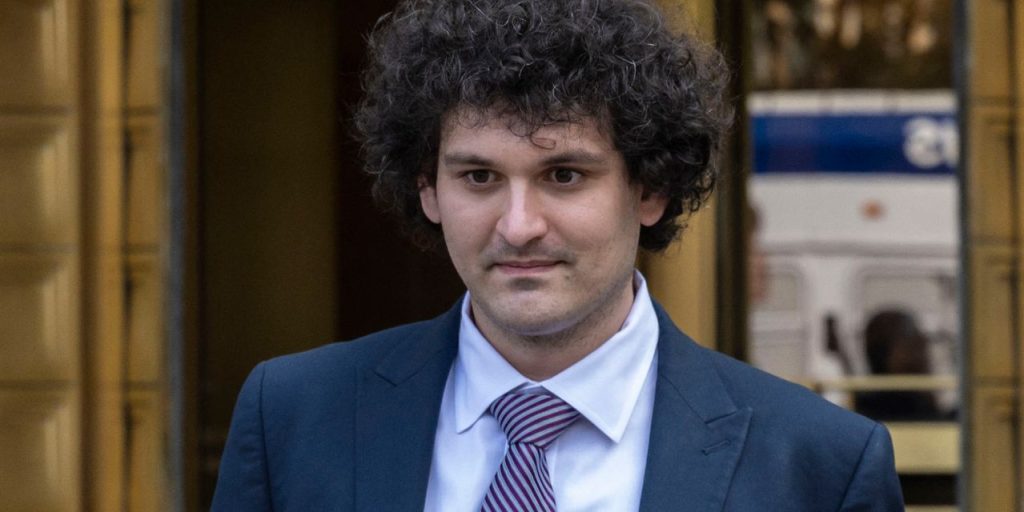Federal prosecutors on Monday sought to chip away at FTX founder Sam Bankman-Fried’s credibility, pointing to discrepancies between his public comments and actions taken behind the scenes as the company collapsed.
In a steady drumbeat of questions, Assistant U.S. Attorney Danielle Sassoon tried to paint Bankman-Fried, the 31-year-old former wunderkind of the crypto world, as someone who lied to his customers about the safety of their investments, while secretly raiding their accounts to fund his own risky investments, luxury real estate purchases, costly celebrity endorsements and political contributions.
In his second day of testimony before a jury in his criminal fraud trial in Manhattan’s federal court, Bankman-Fried repeatedly said he couldn’t remember exactly what he had said in numerous media interviews in the days and weeks after FTX had declared bankruptcy and $8 billion in customer deposits had vanished.
He also sought to distance himself from decision-making at FTX’s sister investment firm, Alameda Research, whose risky bets helped bring the crypto trading platform down.
Sassoon pointed to multiple public comments by Bankman-Fried in which he claimed FTX’s risk management protocols made it safer than other crypto currency trading platforms, while the company allowed its own investment arm, Alameda Research to make risky bets without limit.
FTX ultimately collapsed largely as a result of the billions in loans it had extended to Alameda, which prosecutors allege was done using customer money.
Federal prosecutors have alleged that Alameda was effectively granted carte blanche to use FTX customer money to make risky bets. One key element was that certain risk-management systems that FTX used to to liquidate customer accounts that had entered into negative territory were disabled for Alameda, allowing it unfettered ability to make high-risk moves.
Throughout his testimony, Bankman-Fried claimed he had limited visibility as to what was happening at Alameda, which he founded and mostly owned, but which had ceased running day-to-day in 2021, when his ex-girlfriend Caroline Ellison took over as CEO.
He said he only became aware of how bad a liquidity issue Alameda faced well after a financial crisis began sweeping through the crypto industry in the summer of 2022. Bankman-Fried said he had told Ellison, who had pleaded guilty and testified against him, that she should have taken hedge positions earlier to lessen the company’s risk.
But he said he continued to believe up until just days before the companies collapsed, that both Alameda and FTX were on firmer financial footing.
“I viewed Alameda as solvent and FTX as solvent and decently liquid,” he testified. “Had that analysis come up any other way, I would have been in full on crisis mode. But in my view at the time that wasn’t the case.”
Bankman-Fried did admit that he consulted frequently with Ellison about moves that Alameda made and even signed off on several billion-dollar investments.
“I think a few billion of them were my decision,” he said when asked about several large investments made by Alameda in 2021 and 2022.
Bankman-Fried is expected back in court for further cross examination on Tuesday. The judge in the case said he expected the case may go to the jury as early as Friday.
Read the full article here



